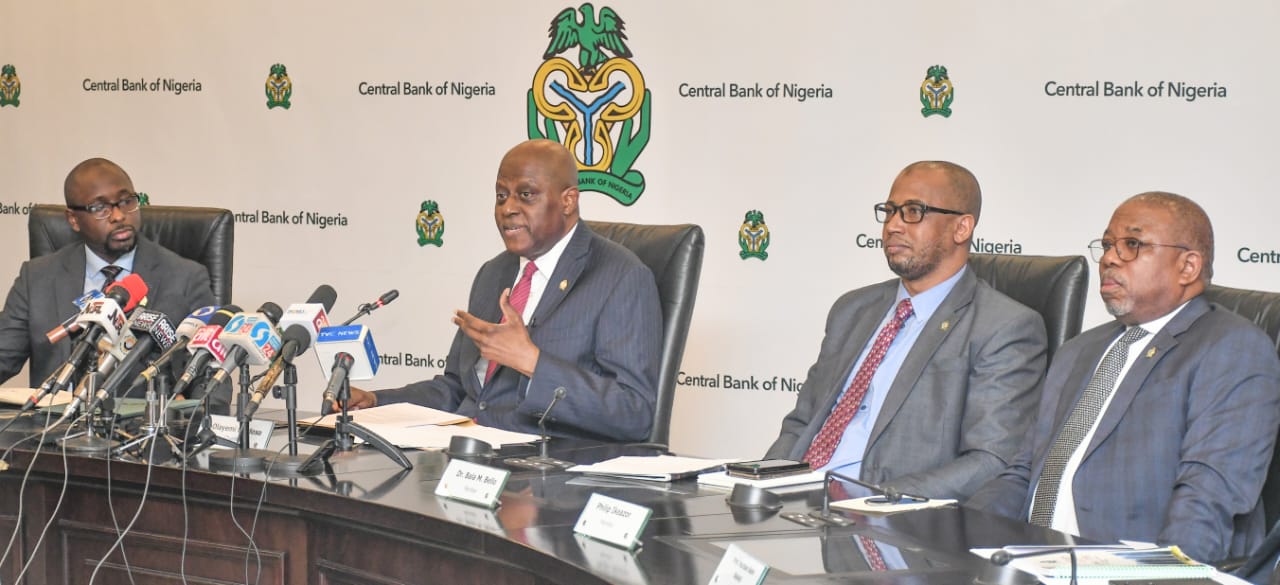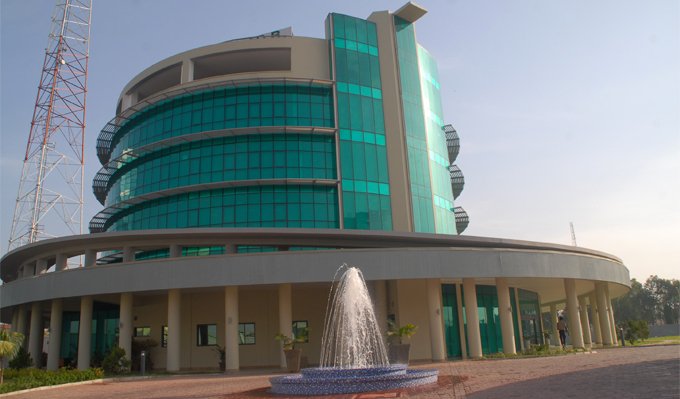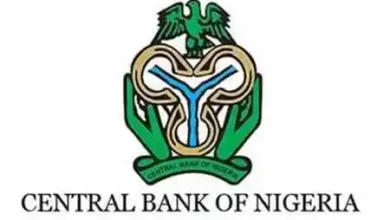
The Central Bank of Nigeria (CBN) has raised the Monetary Policy Rate (MPR) by 500 basis points from 26.25% held in the month of May to 26.75%.
CBN Governor, Olayemi Cardoso, announced the development shortly after the Monetary Policy Committee (MPC) meeting of the Bank on Tuesday in Abuja.
Rising from its 296th meeting, the Committee also adjusted the asymmetric corridor around the MPR to +500/-100 from +100/300 basis points.
It, however, retained the Cash Reserve Ratio of Deposit Money Banks at 45.00 per cent and Merchant Banks at 14 per cent, and retained the Liquidity Ratio at 30.00 per cent.
The implication of this decision is that it would lead to sharp increase in lending rates which will make it difficult for customers to repay the loans taken from the banks.
It may also endanger the asset quality of banks leading to high rate of non-performing loans.
Speaking, Mr. Cardoso who chaired the meeting said, the committee’s decision to maintain its tightening cycle was to address inflationary pressures, and to consolidate on the gains thus far achieved.
Recall that the nation’s headline inflation rose to 34.19% in June, relative to the 33.95% recorded in May 2024, according to the recent report by the National Bureau of Statistics (NBS).
The NBS’s Consumer Price Index (CPI) report pointed at food as the major contributor to the inflation rate, with food inflation rising to 40.87% in June, from the 40.66% recorded in May 2024.
Nevertheless, he said, the Committee was mindful of the effect of rising prices on households and businesses and expressed its resolve to take necessary measures to bring the inflation under control.
Cardoso said, the Committee remained optimistic that despite the June 2024 uptick in headline inflation, prices are expected to moderate in the near term.
“This is hinged on monetary policy gaining further traction, in addition to recent measures by the fiscal authority to address food inflation”, he said.
He said, the Committee noted the persistence of food inflation, which continues to undermine price stability.
“It was observed that while monetary policy has been moderating aggregate demand, rising food and energy costs continue to exert upward pressure on price development.
“The prevailing insecurity in food producing areas and high cost of transportation of farm produce are also contributing to this trend.
“Members were, therefore, not oblivious to the urgent benefit of addressing these challenges as it will offer a sustainable solution to the persistent pressure on food prices”, he said.
Also noted in its consideration, according to him, was the increasing activities of middlemen who often finance smallholder farmers, aggregate, hoard and move farm produce across the border to neighbouring countries.
He said, the Committee suggested the need to put in check such activities in order to address the food supply deficit in the Nigerian market to moderate food prices.
“The MPC, therefore, resolved to sustain collaboration with the fiscal authority to ensure that inflationary pressure is subdued.
“In addition, the Committee expressed optimism with the recent stop gap measures by the Federal Government to bridge the food supply deficit.
“In particular, the 150-day duty free import window for food commodities (maize, husked brown rice, wheat and cowpeas), amongst others, will moderate domestic food prices”, he said.






